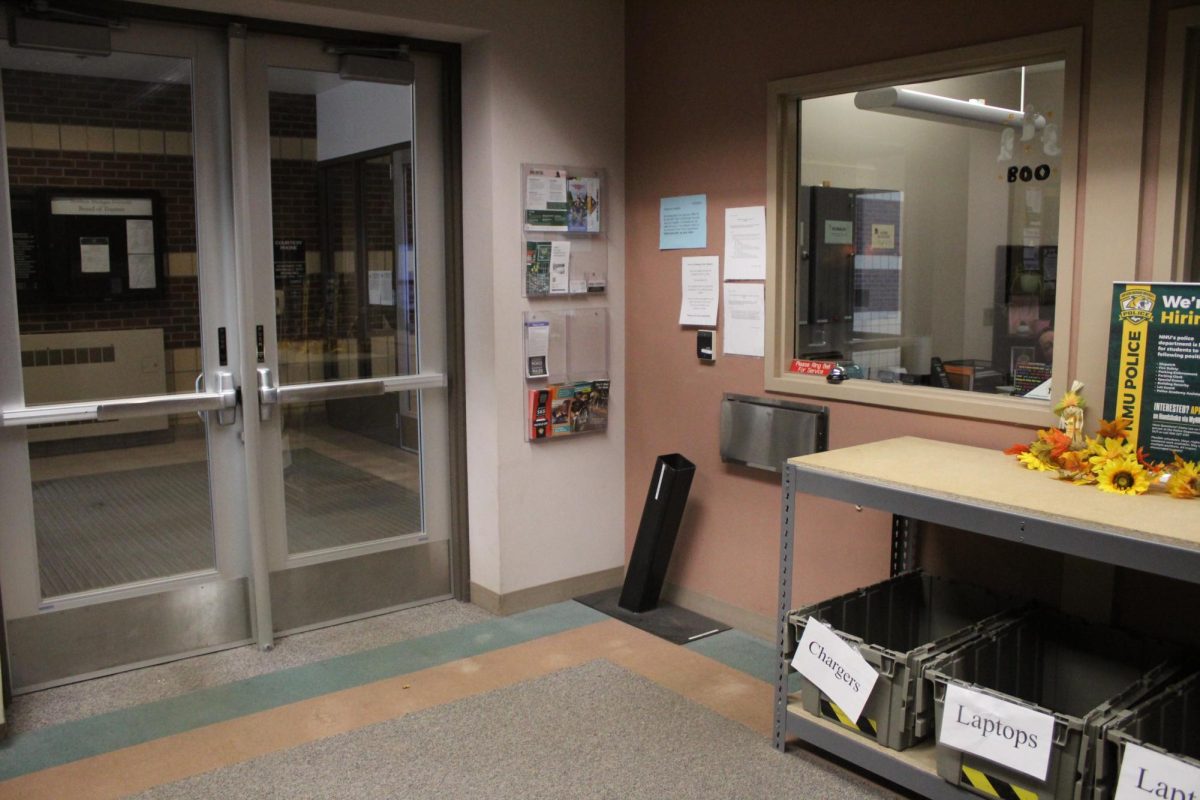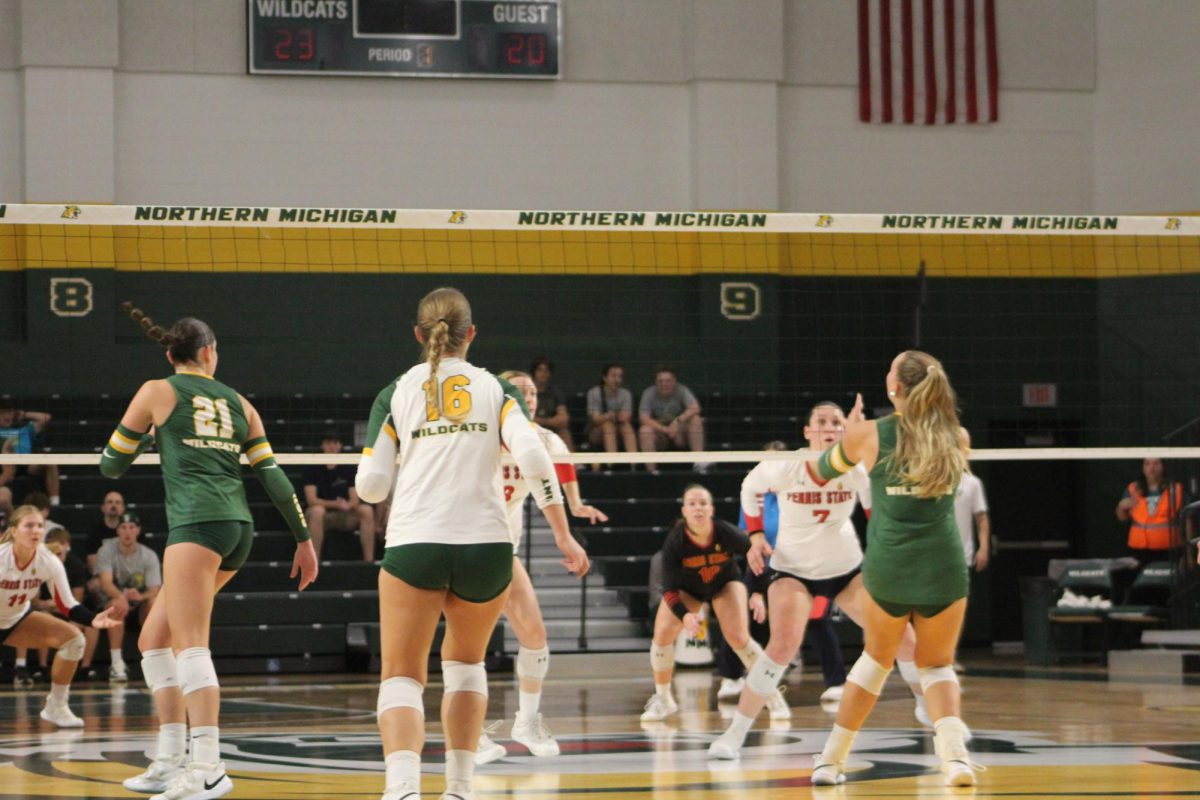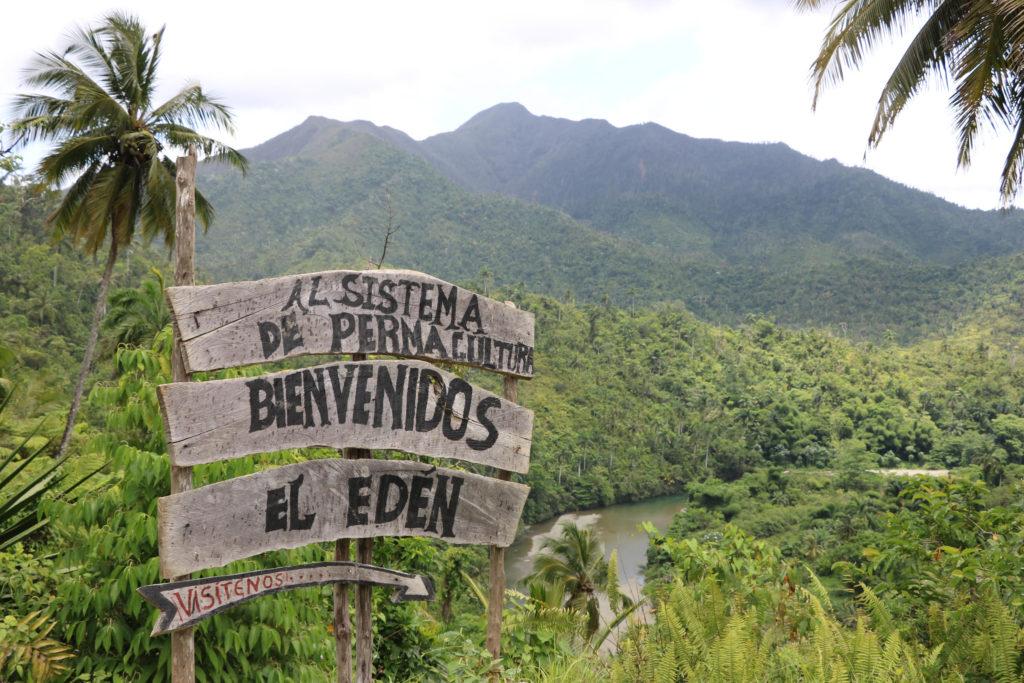Cuba has long captivated the minds of those curious about its unique and colorful culture and its different political ideology. This spring break, a group of 10 NMU students co-led by Sarah Mittlefehldt, an associate professor for the earth, environmental and geographical sciences (EEGS) department, and Jess Thompson, associate professor for the school of business, are travelling to Eastern Cuba to learn about how locals are dealing with the impacts of climate change.
“This is going to be a horizon-opening experience for students because Cuba is different from anywhere else in this world,” Mittlefehldt said.
The planning process for the trip has taken more than a year to bring to fruition and offers a unique look into the life of the average Cuban, as the location of the trip, Baracoa, is far away from the capital of Havana. The group of students and faculty will spend eight days in Cuba, departing on Feb. 27 and returning to Marquette on March 8.
To prepare for the trip, students are taking a course focused on the effects of climate change in Cuba and on overall Cuban culture and history. Mittlefehldt and Thompson aimed the course to look at all aspects of Cuban society and how the country has formed its responses to climate change.
“The key theme of the course, in our minds, is resilience. The Cuban people are some of the most resilient people I’ve ever met,” Mittlefehldt said.
Baracoa has a population of over 81,000 people and is most significantly known as the landing place of Christopher Columbus. The city is also known for its many cocoa plantations, which the group plans to visit.
“One of the themes we’re looking at are the effects of modern colonialism and what happened to the indigenous people who lived there after the Spanish arrived to colonize,” Mittlefehlt said.
Cuba’s attitudes towards climate change are significantly different than in the U.S., as Cuba has put climate protection and the responsibility of protecting the climate into their constitution, and climate change was a huge part of the revolution in 1953, Mittlefehldt said.
One of the students attending the trip, senior environmental studies and sustainability major Megan Khodl said she heard about the trip from Mittlefehldt and jumped at the opportunity to travel to Cuba and learn about how they are dealing with climate change.
“I’m really hoping to learn about their climate change, resilience and adaptation because they are in the path of a lot of hurricanes and a lot of climate disasters,” Khodl said.
Since Cuba is a communist country and locals rely on daily rations, the availability of consumer products is quite limited for visitors such as the NMU students. In addition, the island’s remoteness has made participating students have to pack everything they will need during their trip, as they will be unable to stop at large shops they’re familiar with in the U.S. during their explorations.
“I honestly don’t know what to expect too much because what you read doesn’t always coincide with the actual situation,” Khodal said.
The group plans to visit farms that use permaculture to help grow everything they need to eat and survive. Permaculture is a design system based on the principles of sustainability and finding ways to create environments that are fully sustainable and in harmony with the built environment.
Thompson and Mittlefehldt hope to continue the trip every other year and urge interested students to jump out of their comfort zones and travel to Cuba.
“Consider going. A lot of the ideas that people have of Cuba are from our history of government relations, but it’s an interesting place to look at the theme of resilience,” Mittlefehldt said.




























